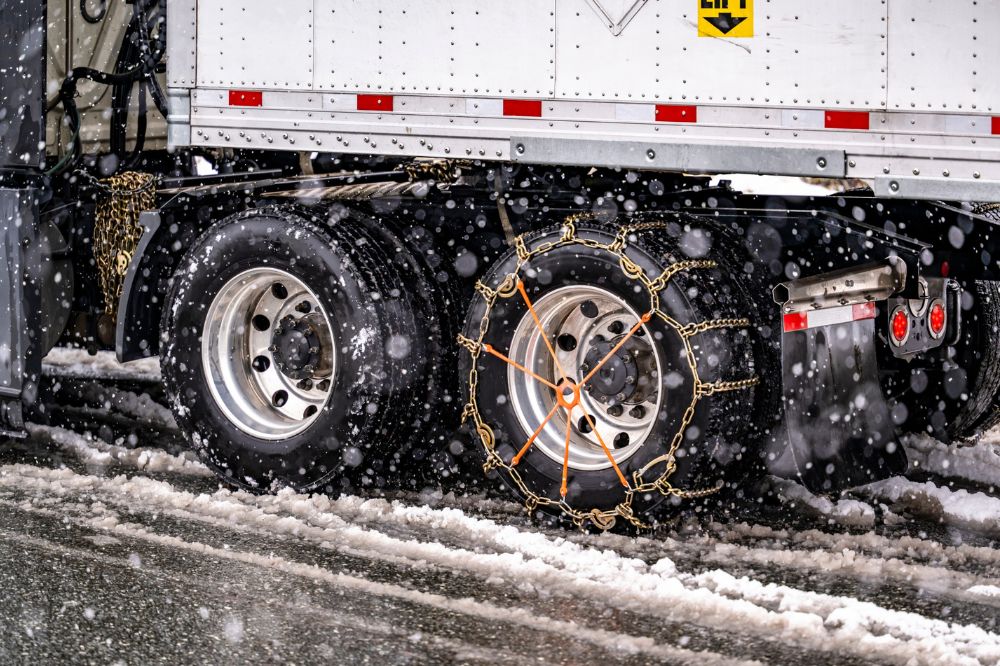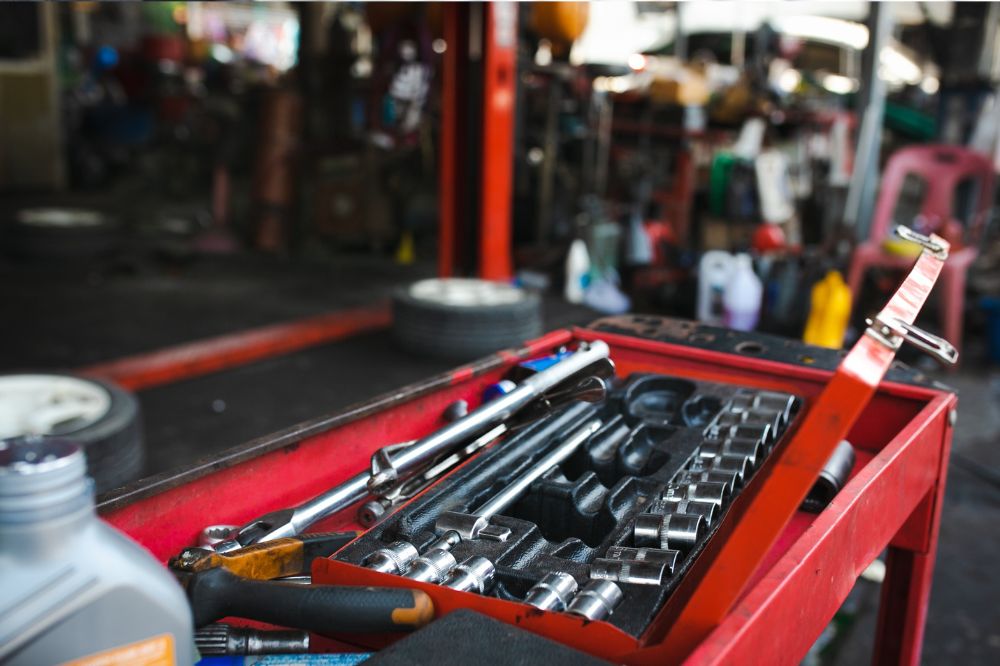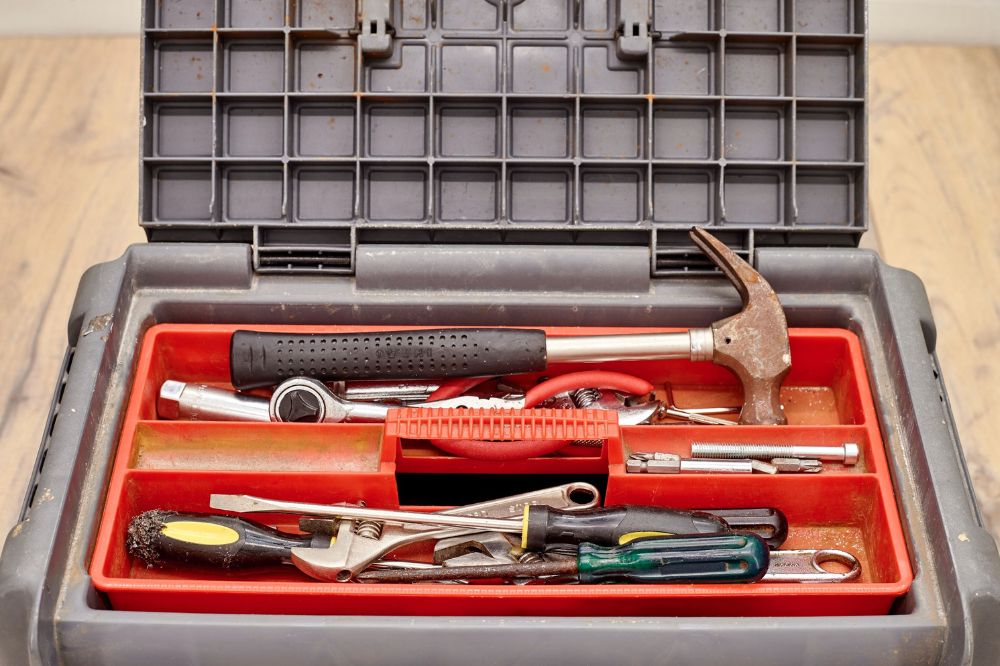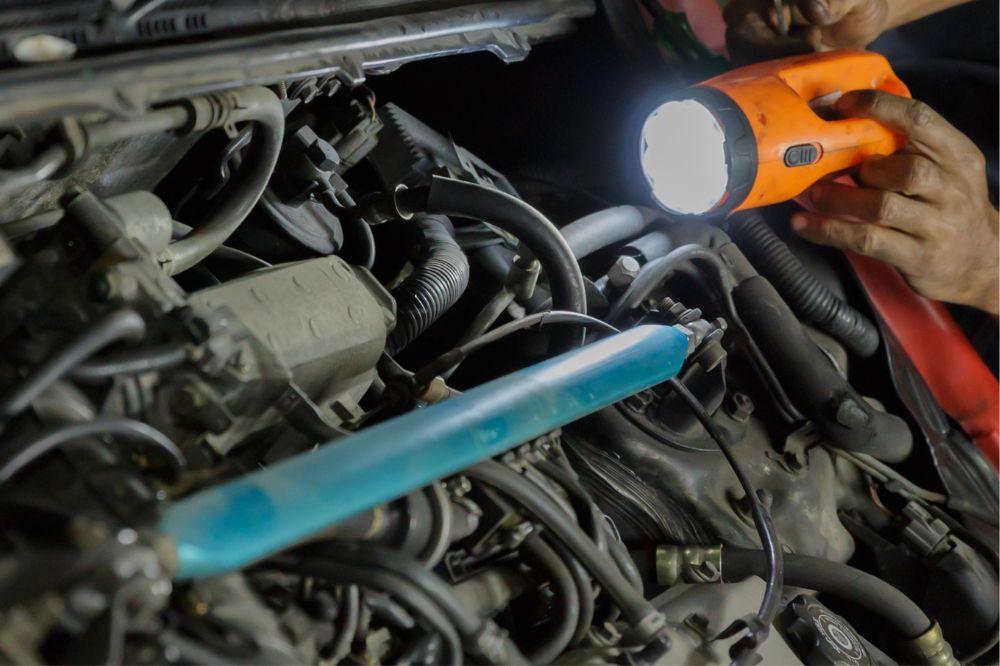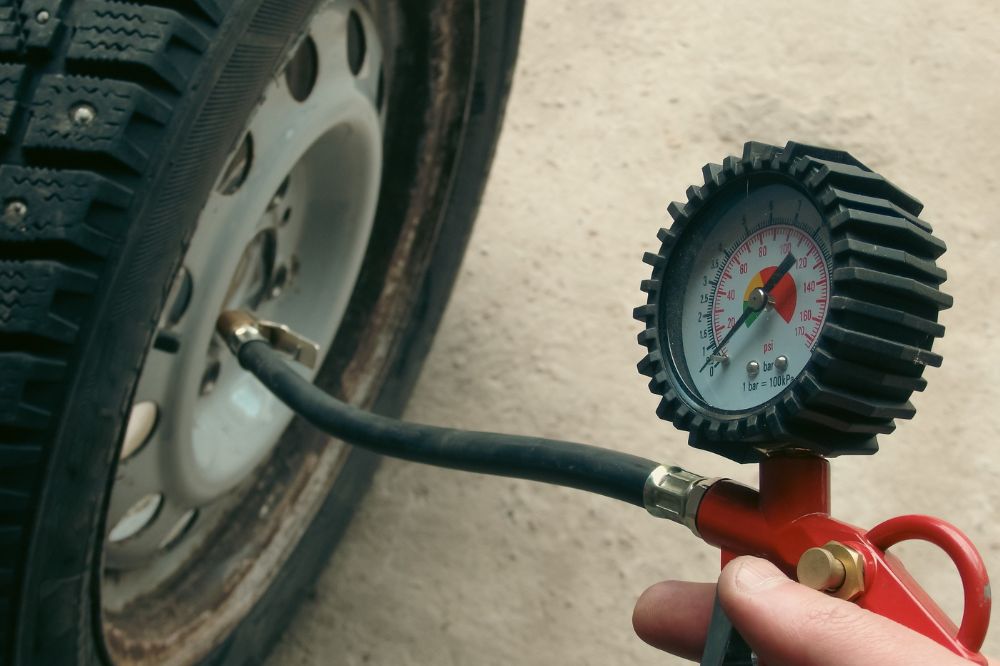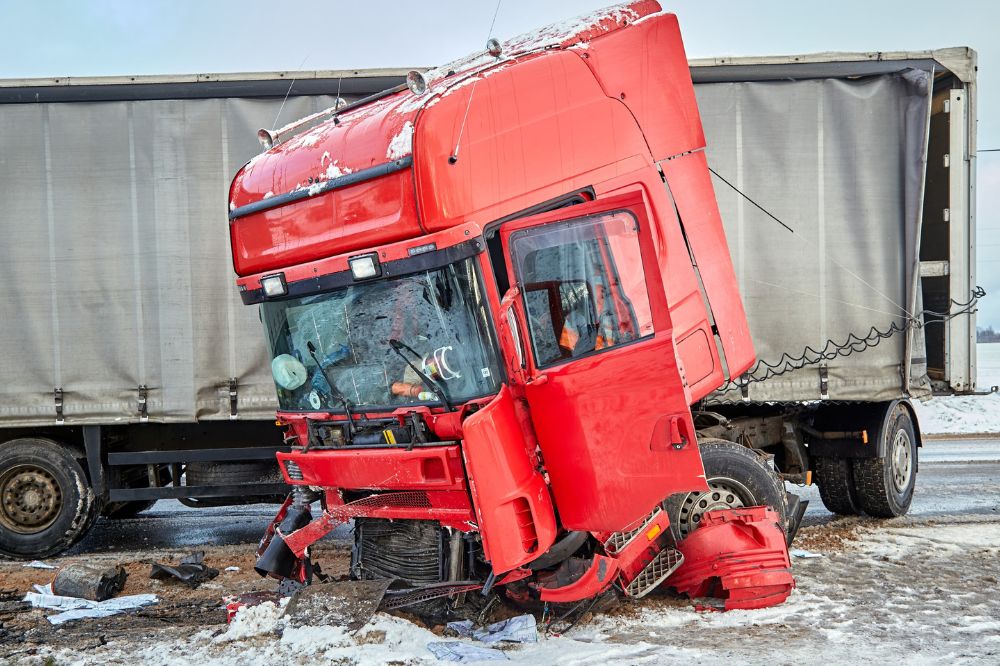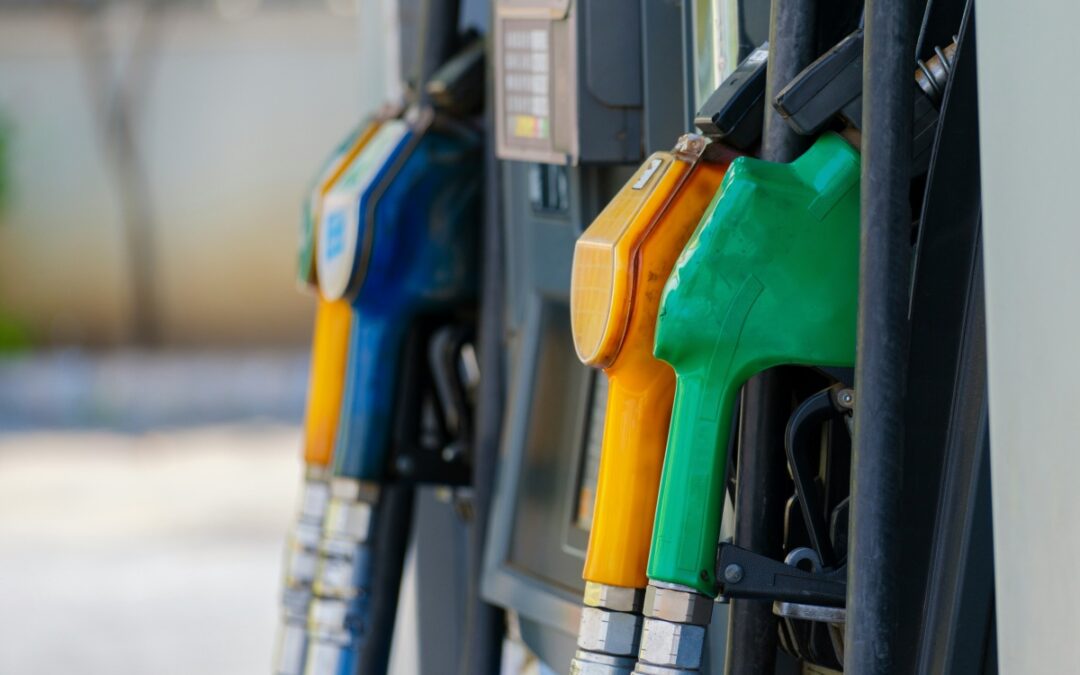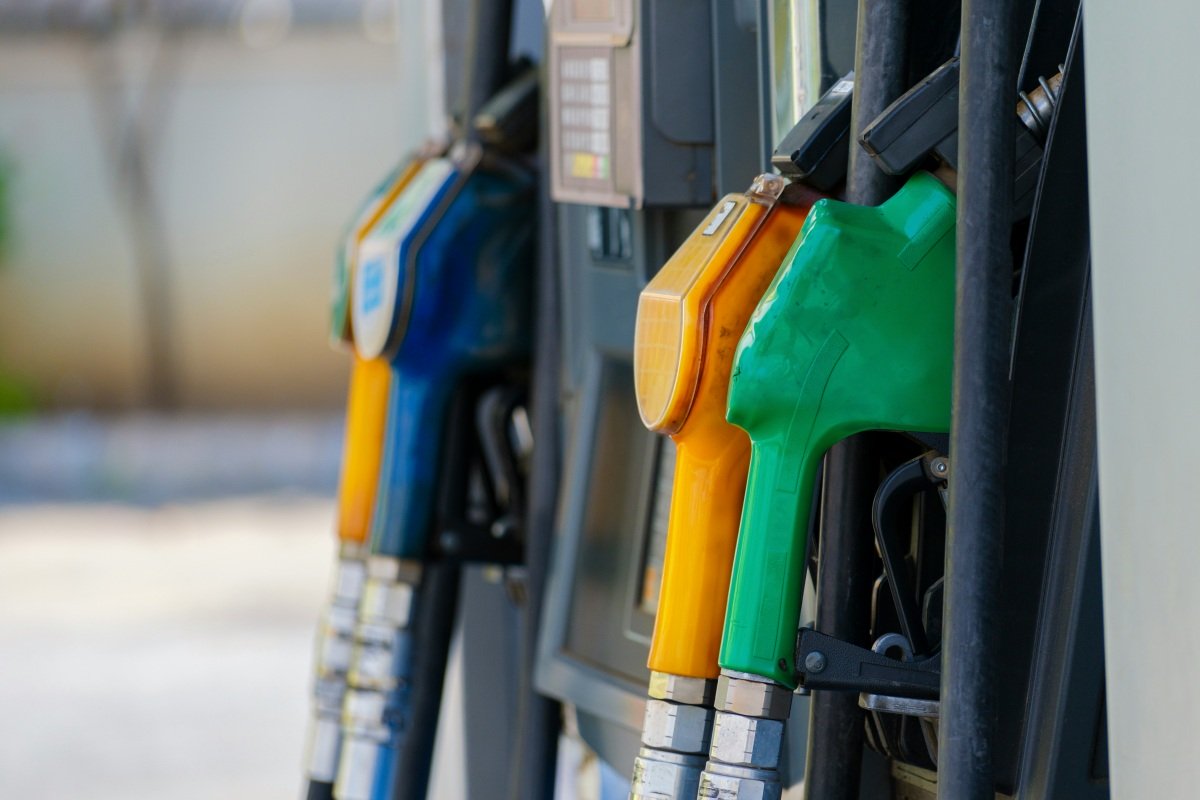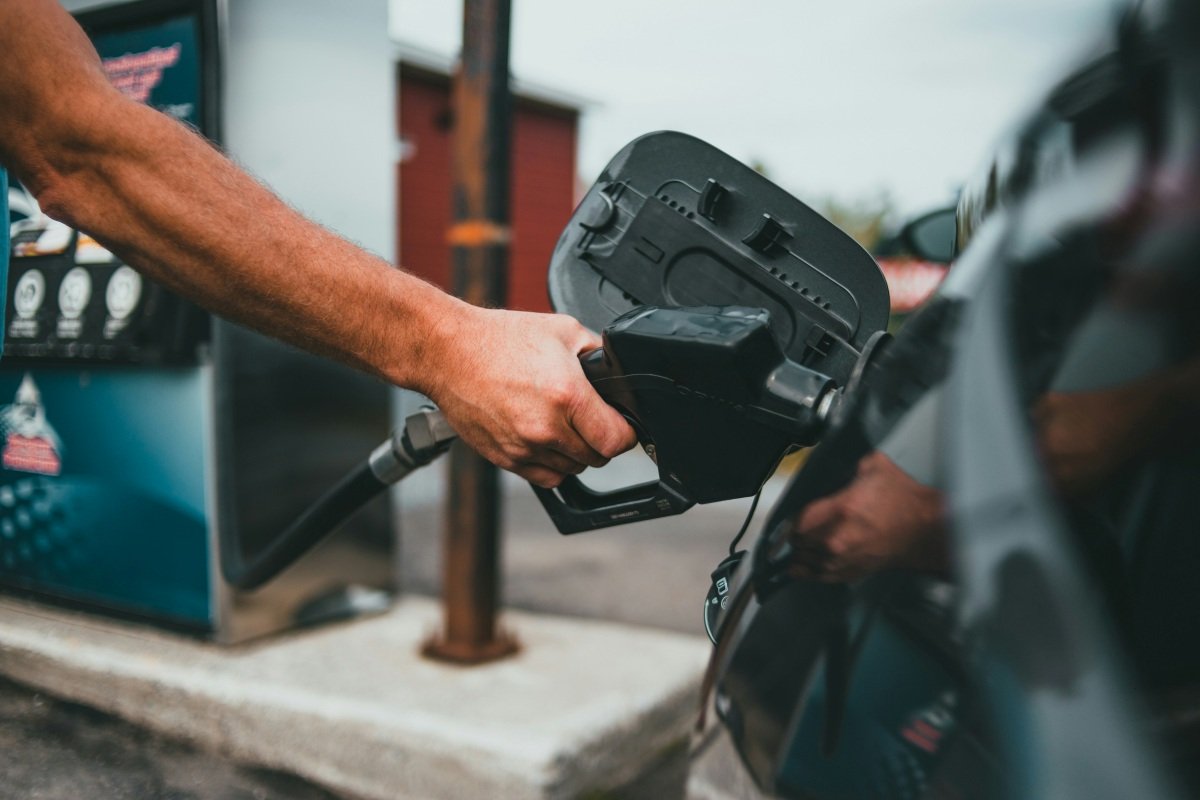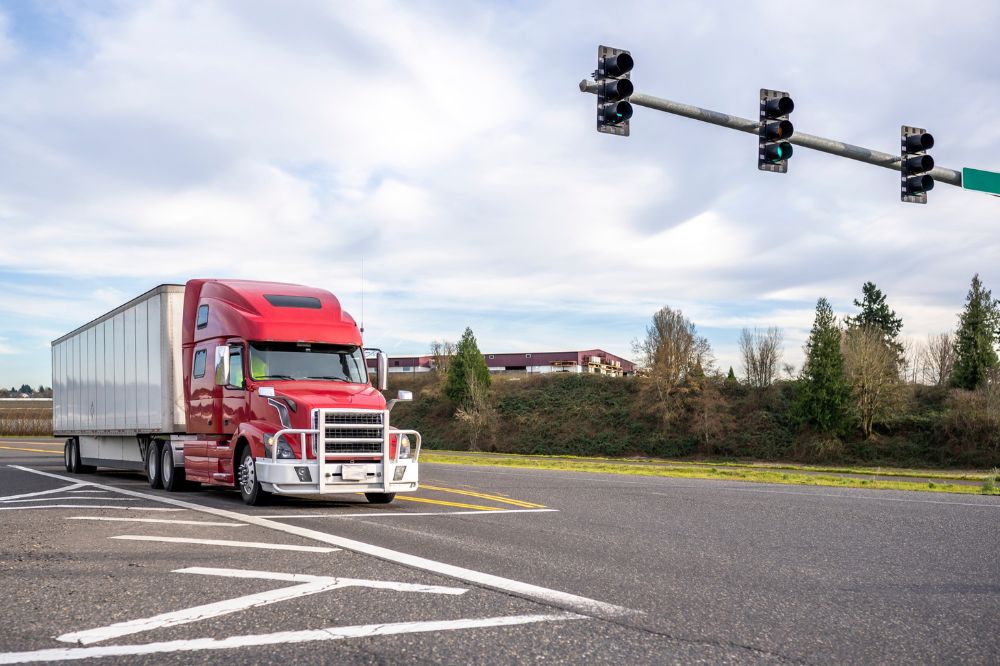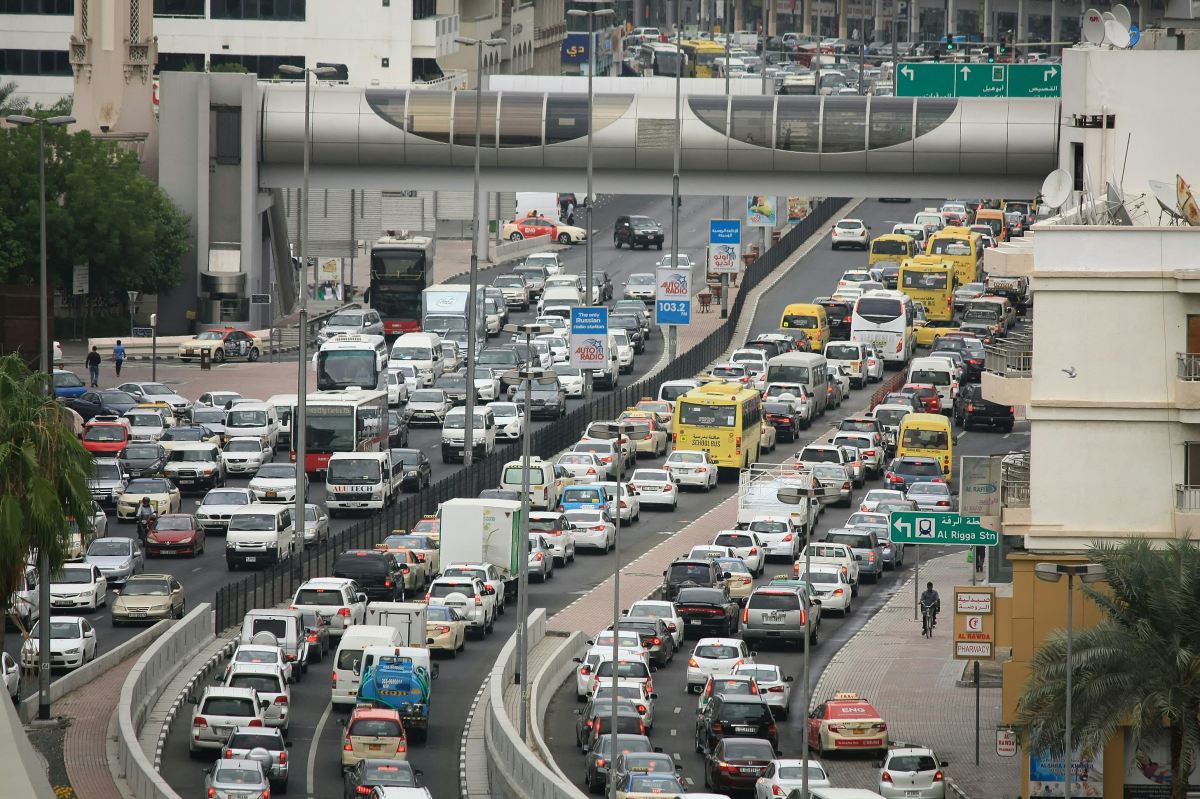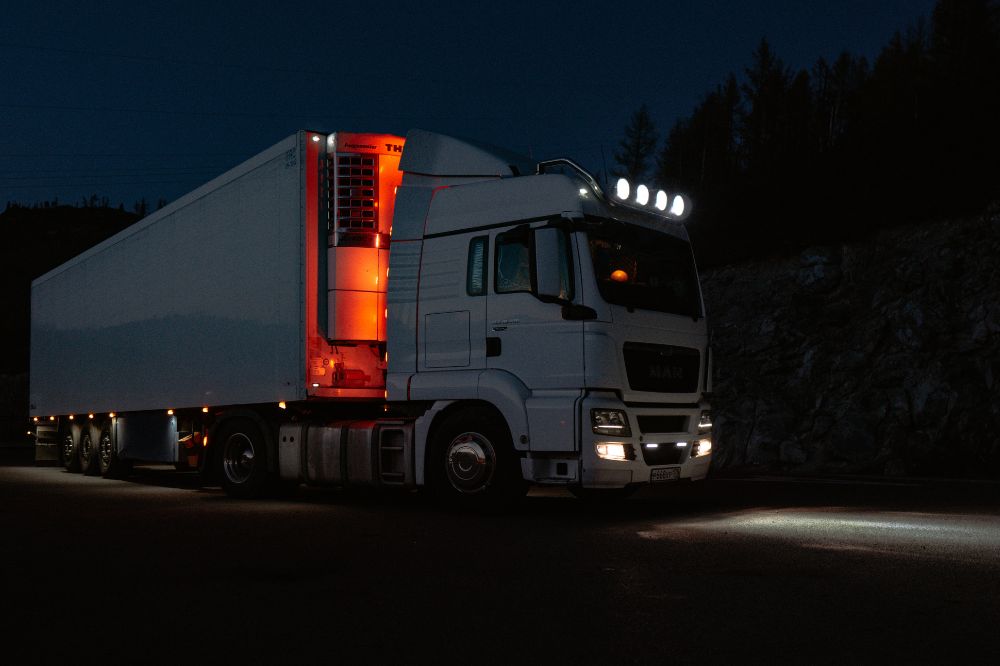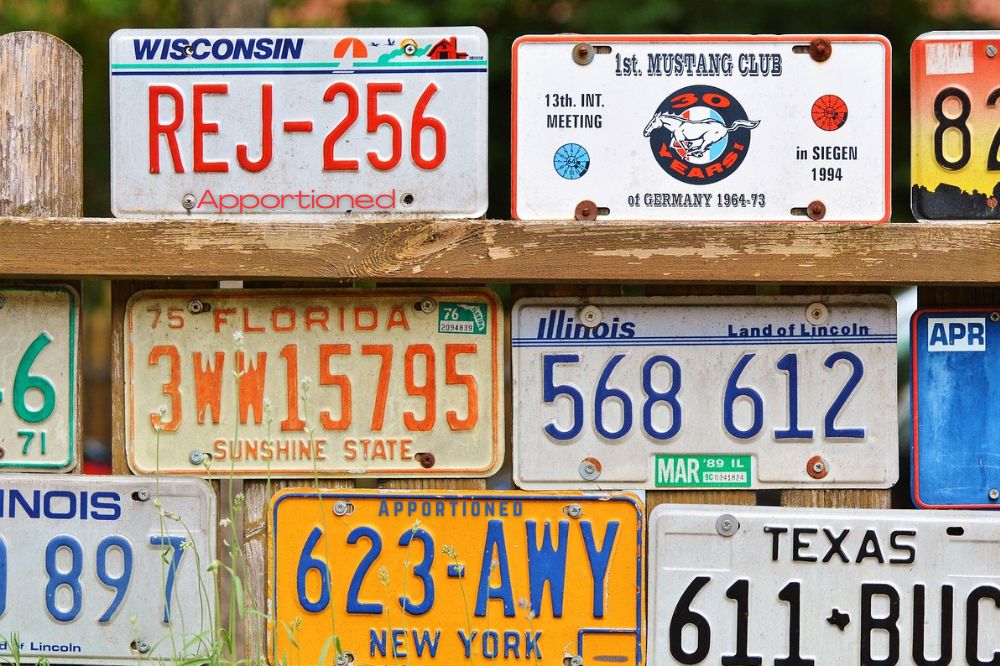
If you operate a commercial vehicle or power unit across state lines, apportioned license plates are part of the legal framework that allows you to do so.
They work alongside the International Registration Plan (IRP) and the International Fuel Tax Agreement (IFTA) to ensure states and provinces receive the registration fees and fuel taxes they are owed. IRP and IFTA are inter-jurisdictional agreements administered by states/provinces, enforced via state/provincial law and roadside enforcement.
Understanding how apportioned plates work helps prevent fines, audits, and interruptions to your operations.
What Are Apportioned License Plates?
Apportioned license plates are registration plates issued to commercial vehicles that operate in more than one jurisdiction. Apportioned just means divided or distributed, referring to how registration fees are allocated.
Instead of registering the same vehicle separately in every state it travels through, the carrier registers once in a base jurisdiction. That jurisdiction then distributes registration fees to other states and provinces based on the miles the vehicle travels in each one.
When you see a commercial truck using apportioned plates, it means the vehicle is legally registered for multi-jurisdiction operation under the International Registration Plan (IRP). This allows the truck to cross state and, in some cases, international borders without carrying multiple registrations.
How the International Registration Plan (IRP) Governs Apportioned Registration
Apportioned registration exists because of the International Registration Plan (IRP).
The IRP is a reciprocity agreement among the 48 contiguous states + DC + 10 Canadian provinces (Alaska and Hawaii are not IRP members). It is authorized under state motor vehicle laws and administered by each jurisdiction’s motor carrier services division.
Under the IRP, a carrier designates a base jurisdiction, usually the state where the business is registered, and operational records are kept. That jurisdiction issues apportioned plates and collects registration fees. Fees are then distributed to other jurisdictions based on reported mileage.
This system replaces the need for multiple state registrations and creates a uniform process for interstate commercial vehicles.

What Is the International Fuel Tax Agreement (IFTA)?
The International Fuel Tax Agreement (IFTA) is a multi-jurisdiction agreement among the lower 48 contiguous U.S. states and 10 Canadian provinces.
It simplifies fuel tax compliance for interstate motor carriers. Instead of filing fuel tax returns in every jurisdiction traveled, carriers file one quarterly fuel tax report with their base jurisdiction.
That report details:
- Total miles traveled
- Miles traveled in each jurisdiction
- Fuel purchased in each jurisdiction
Tax authorities then calculate the amount of fuel tax owed to each state or province. Failure to file IFTA reports or pay fuel taxes can result in penalties, interest, suspension of credentials, and enforcement actions during roadside inspections.
What Is the Difference Between IFTA and IRP?
The IRP and IFTA serve different legal purposes, even though carriers often comply with both. The IRP governs vehicle registration and registration fees, while the IFTA governs fuel tax reporting and payment.
In simple terms:
- IRP determines where and how registration fees are paid.
- IFTA determines where fuel taxes are owed based on miles driven and fuel consumed.
Most interstate carriers subject to IRP registration are also subject to IFTA reporting, but qualification is determined separately under each program.
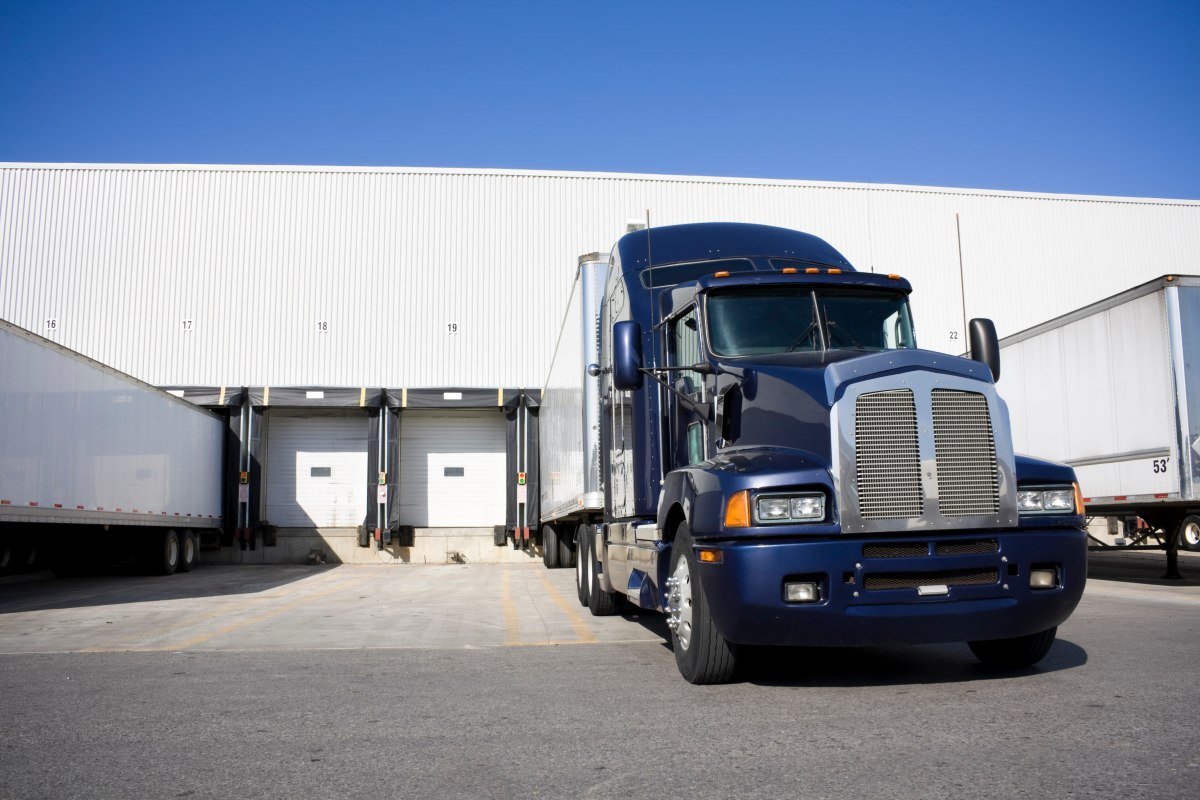
Who Must Register for Apportioned Plates, IRP, and IFTA?
Not every vehicle that crosses state lines qualifies for apportioned registration. Requirements are based on vehicle specifications and interstate operation, not business size.
Under IRP rules, a vehicle generally must register if it has a gross vehicle weight rating (GVWR) over 26,000 pounds, or has three or more axles, regardless of weight, and operates in more than one jurisdiction.
The IFTA applies to motor carriers operating qualifying vehicles in more than one jurisdiction, typically using the same weight and axle thresholds.
Vehicles operating strictly intrastate or below these thresholds may not require IRP or IFTA credentials.
Apportioned Plates vs. Commercial Plates
The difference between apportioned plates and standard commercial plates lies in where and how a vehicle is legally allowed to operate.
Commercial plates are state-issued registrations that permit a vehicle to operate for business purposes within a single state.
On their own, they do not authorize interstate operation for vehicles that meet the definition of an apportionable (qualified) vehicle.
Apportioned plates, issued under the IRP, are required when an apportionable vehicle operates across state or provincial lines. These plates allow interstate and interprovincial travel, with registration fees distributed among jurisdictions based on reported mileage.
All apportioned plates are commercial plates, but not all commercial plates are apportioned. Operating a qualifying vehicle interstate without apportioned registration or a valid trip permit can result in citations, fines, and out-of-service orders.

How to Get Apportioned License Plates For Commercial Vehicles
Getting apportioned license plates is a structured regulatory registration process governed by the IRP and administered by each state’s motor carrier authority.
The goal is to ensure that interstate commercial vehicles are properly registered and that registration fees are fairly distributed among the jurisdictions in which they operate.
Confirm Your Eligibility
Eligibility for apportioned plates is based on commercial truck specifications and interstate use, not business size or how often you cross state lines.
As mentioned, a vehicle generally qualifies for apportioned registration under IRP rules if it operates in two or more jurisdictions and has a GVWR over 26,000 pounds, or if it has three or more axles.
If a vehicle meets these criteria, it requires an apportioned registration for legal interstate operation.
Your state’s motor carrier services office or Department of Motor Vehicles can confirm eligibility. However, responsibility ultimately rests with the carrier, not the state.
Register Under IRP
If your vehicle qualifies, you must register it under IRP through your base jurisdiction. This is the state where:
- Your business is legally established
- You maintain your business’s operational records
- You control or dispatch the vehicle
This requirement exists so that one jurisdiction can administer registration, collect fees, conduct audits, and coordinate with other states under IRP rules.
Registering in the wrong base jurisdiction is a common compliance error and can result in your applications being denied or future penalties.
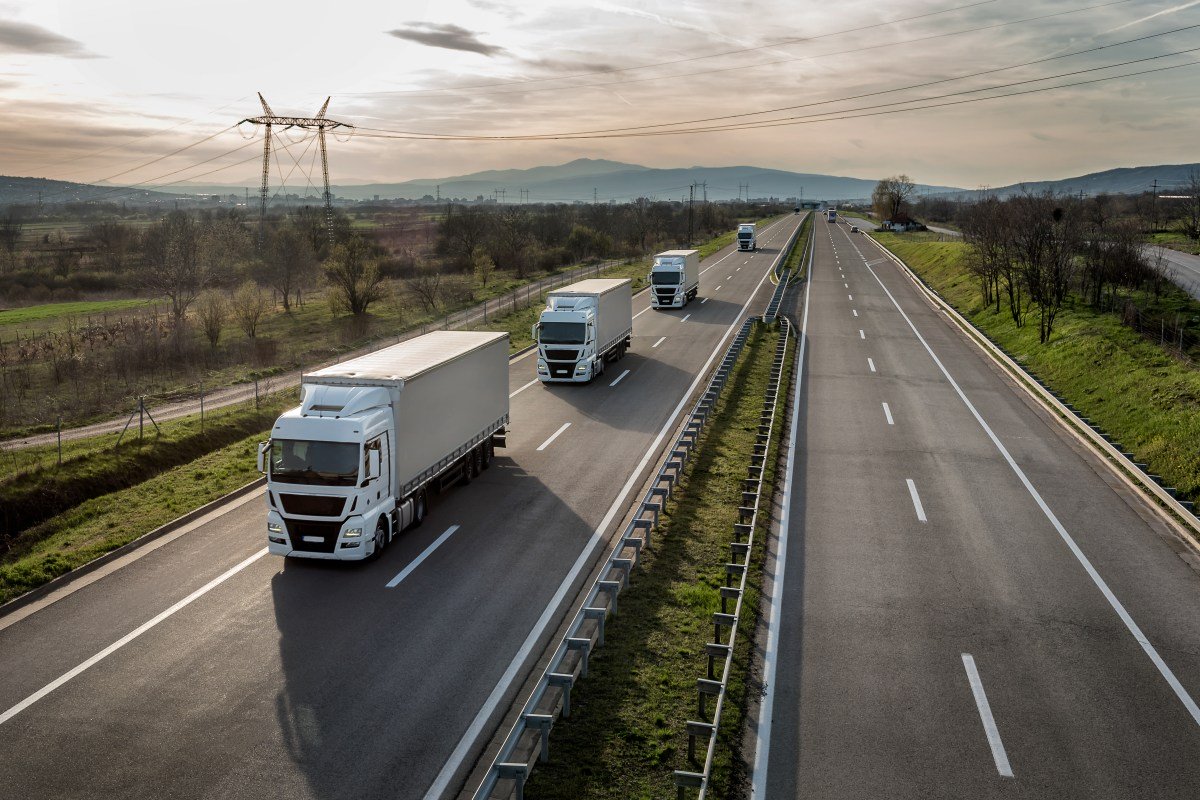
Submit Required Documentation
IRP registration requires documentation that proves ownership, insurance coverage, and operational intent. Most jurisdictions require the following:
- Proof of vehicle ownership or lease, such as a title or lease agreement
- Proof of insurance meeting state and federal minimums for commercial vehicles
- Business registration documents, including an employer identification number (EIN) or state filings
- Estimated mileage by jurisdiction, often based on prior operations or reasonable projections
Mileage estimates matter because IRP registration fees are calculated based on how much each jurisdiction will be used. Underreporting mileage can trigger audits, back fees, and penalties if the actual distance traveled exceeds reported estimates.
States are authorized under IRP to audit carriers to verify mileage accuracy. Auditors increasingly rely on telematics data and electronic records to confirm where and how vehicles operate.
GPS-based tracking systems, electronic logging devices (ELDs), fuel card data, and dispatch records can all be used to validate reported mileage across jurisdictions.
Pay Registration Fees
Registration fees are calculated using:
- Vehicle weight
- Number of jurisdictions selected
- Estimated mileage in each jurisdiction
Heavier vehicles and broader operating territories result in higher fees because they impose greater wear on infrastructure across more jurisdictions.
Fees are paid to the base jurisdiction, which then distributes funds to other states and provinces under IRP guidelines.
Approval and Plate Issuance
Once your application is approved and fees are paid, the base jurisdiction issues:
- Apportioned license plates
- IRP cab cards, which list approved jurisdictions and weights
Cab cards must be carried in the vehicle at all times. Enforcement officers use them during roadside inspections to verify legal operation. Failure to produce valid credentials can result in citations or out-of-service orders.

Common Mistakes to Avoid with Apportioned Registration
Most apportioned registration violations don’t happen because of intentional noncompliance, but because of common misunderstandings about how IRP and IFTA work together and how those rules are enforced. Here are some common mistakes people make:
Assuming Occasional Interstate Travel Does Not Count
IRP requirements are based on qualification, not frequency. If you operate an apportionable vehicle interstate, you generally need IRP apportioned registration or a valid trip permit before operating.
Enforcement officers do not consider intent or frequency during inspections.
Registering in the Wrong Base Jurisdiction
Registering where the truck is parked or purchased, instead of where the business is based and records are kept, violates IRP base jurisdiction rules and can invalidate registration.
Underreporting Mileage
IRP and IFTA both rely on accurate mileage reporting. States are authorized to audit carriers, and discrepancies can lead to back fees, interest, and penalties across multiple jurisdictions.
Confusing IRP Registration with IFTA Fuel Reporting
IRP covers registration fees. IFTA covers fuel taxes. Registering for one does not satisfy the requirements of the other.
Many compliance failures occur when carriers assume IRP registration automatically covers fuel tax obligations. These errors can result in fines, credential suspension, audits, and disruptions to operations.
Frequently Asked Questions
Do I Need Apportioned Plates If I Only Cross State Lines Occasionally?
Yes, if your vehicle meets IRP qualification thresholds. The International Registration Plan does not base registration requirements on how often you cross state lines. It bases them on vehicle characteristics and interstate operation.
Do I Need IFTA If I Have Apportioned Plates?
Not automatically. IRP and IFTA are separate programs with different purposes and qualification rules.
IRP governs vehicle registration and registration fees. IFTA governs fuel tax reporting. A vehicle can require IRP registration without meeting IFTA requirements, although many interstate vehicles qualify for both.
Can I Get Apportioned Plates Without IRP?
No. Apportioned plates are issued only through IRP registration. There is no separate apportioned plate program outside of IRP. If a vehicle requires apportioned registration, the carrier must apply through their base jurisdiction under IRP rules.
What Happens If I Operate Without Apportioned Plates?
Operating a qualifying vehicle without apportioned plates is a registration violation. Consequences vary by jurisdiction but often include roadside citations, fines, and out-of-service orders.
Can I Register for IRP and IFTA at the Same Time?
Yes. Many states allow carriers to apply for IRP registration and IFTA credentials during the same onboarding process. Registering for both at the same time helps streamline compliance and reduces the risk of missing required credentials before operating interstate.
Conclusion
Apportioned license plates exist to make interstate trucking possible under a single, structured registration system. When used correctly, they simplify compliance, ensure fair fee distribution, and allow commercial vehicles to operate legally across jurisdictions.
For carriers planning to purchase a commercial vehicle for interstate use, understanding IRP and IFTA requirements early helps avoid delays and compliance issues.
Mission Financial Services focuses exclusively on commercial truck financing. If you are planning to purchase a vehicle that will operate interstate, start your credit application early to avoid financing delays once registration requirements begin.




